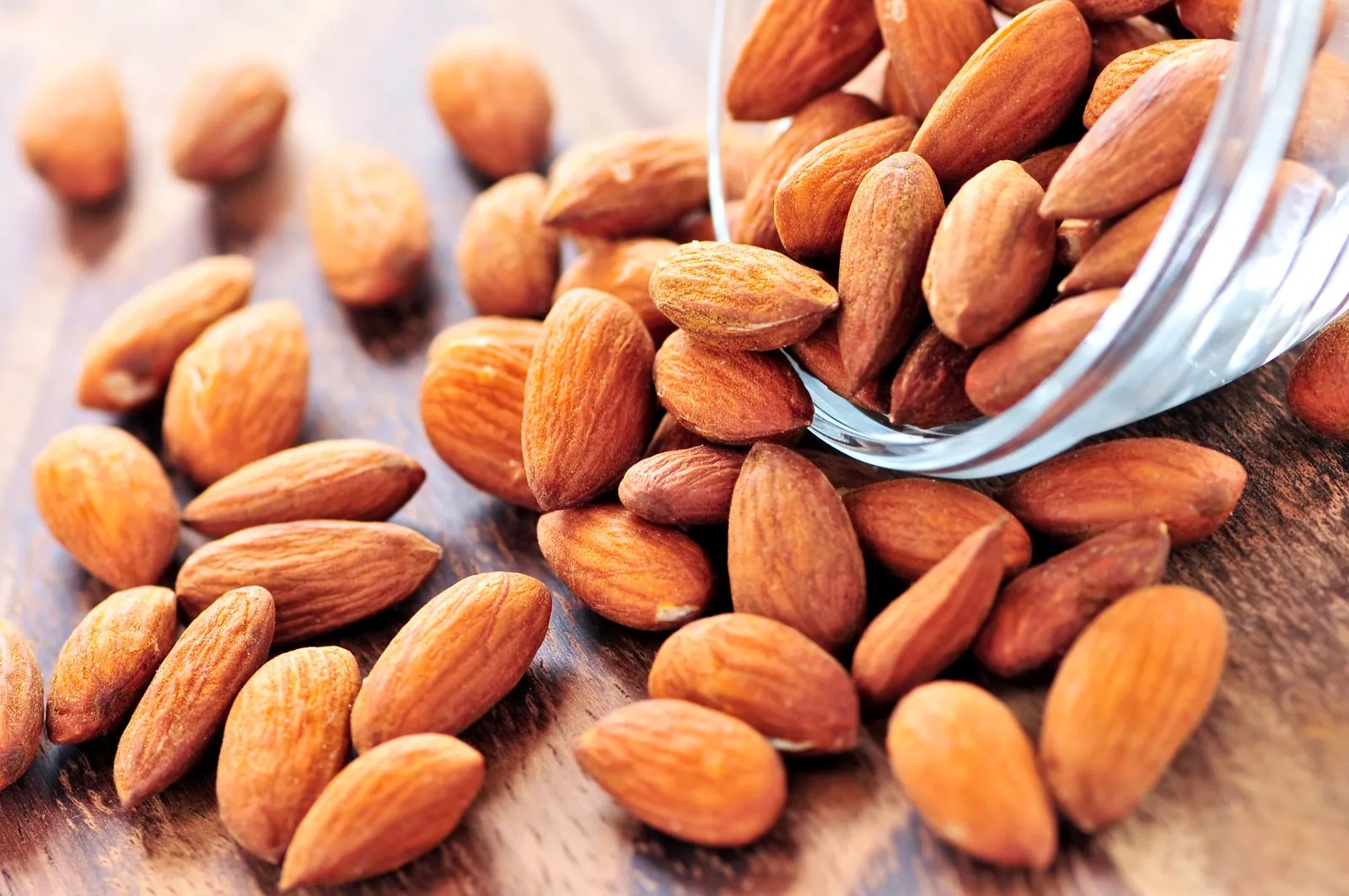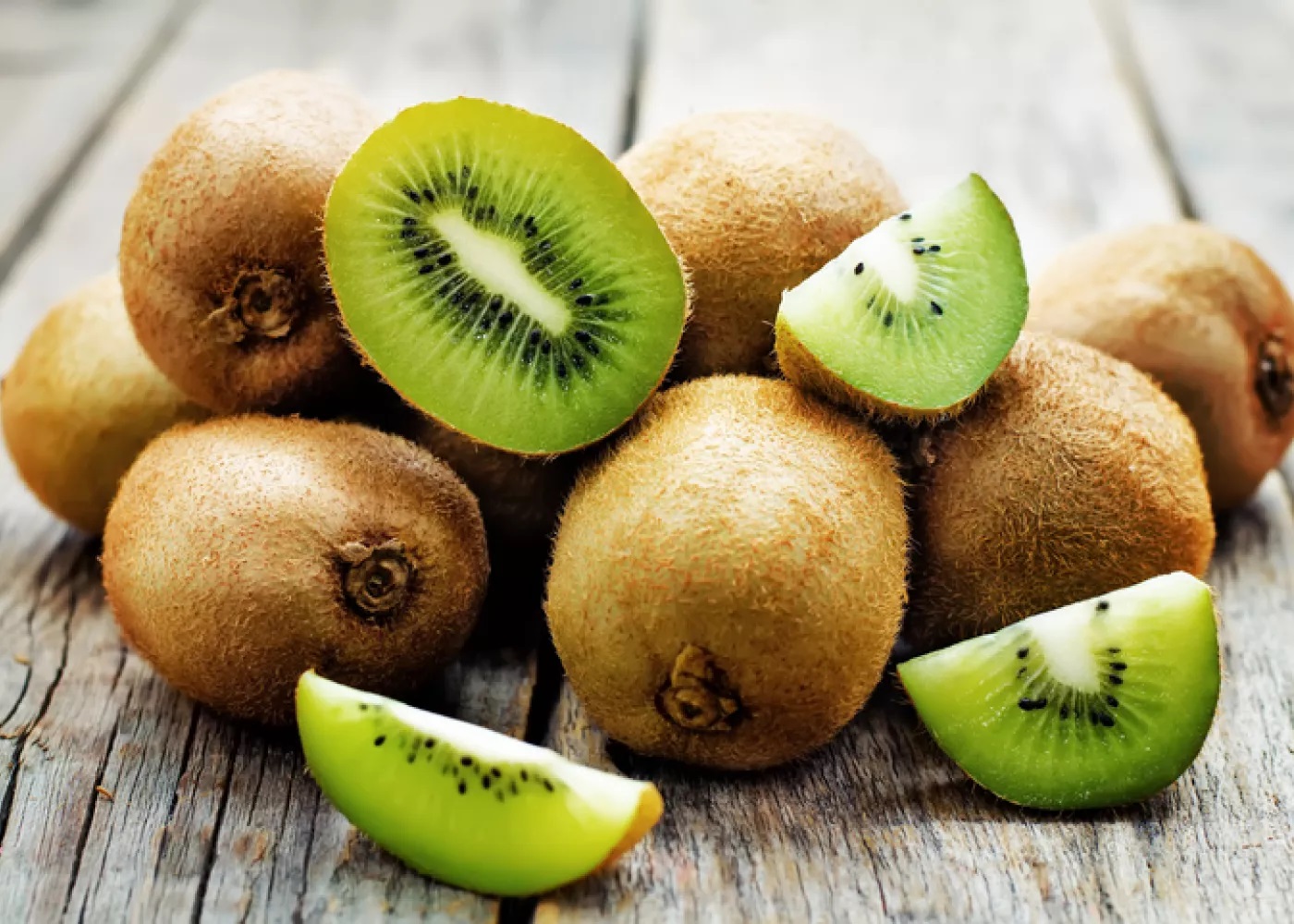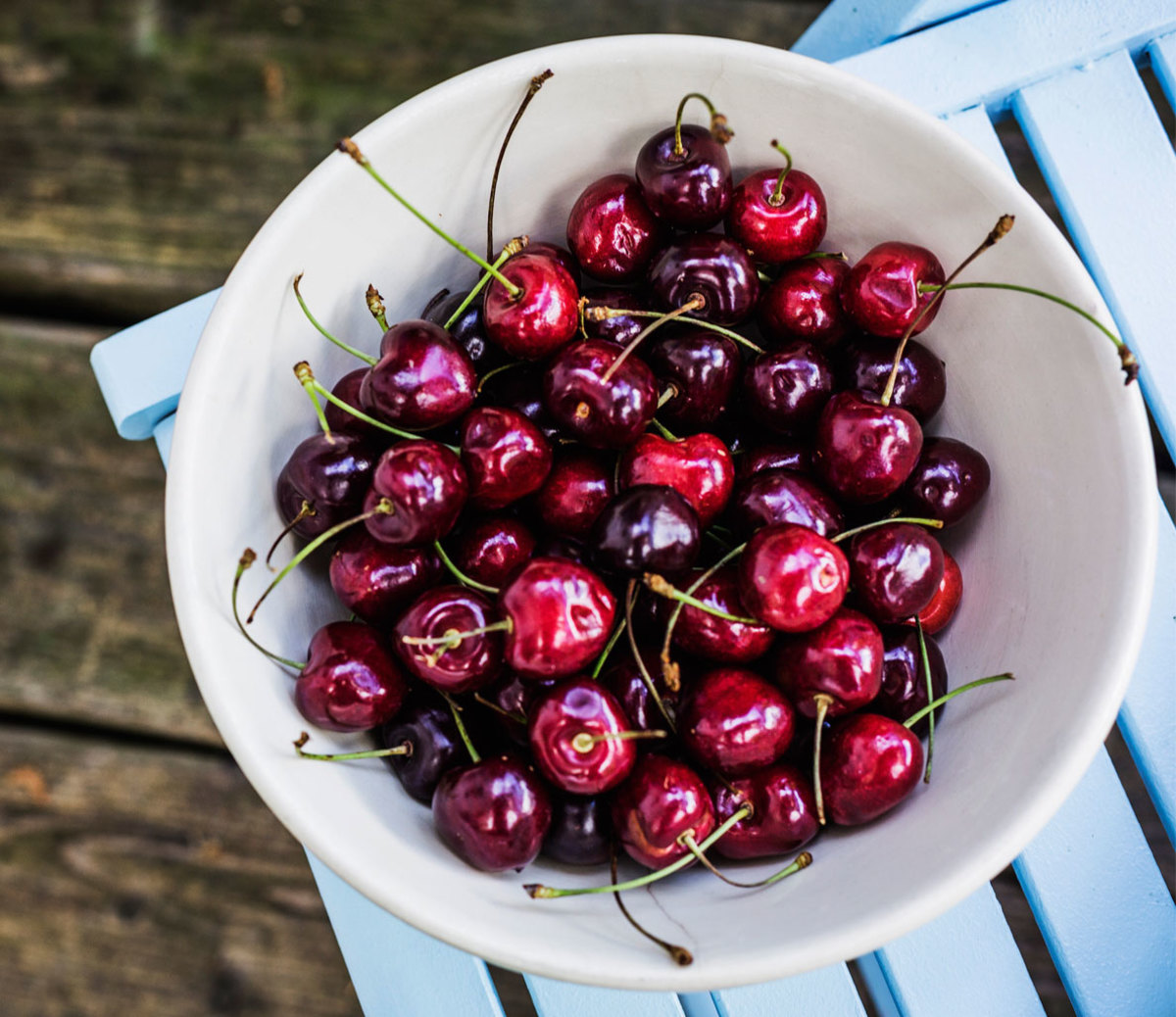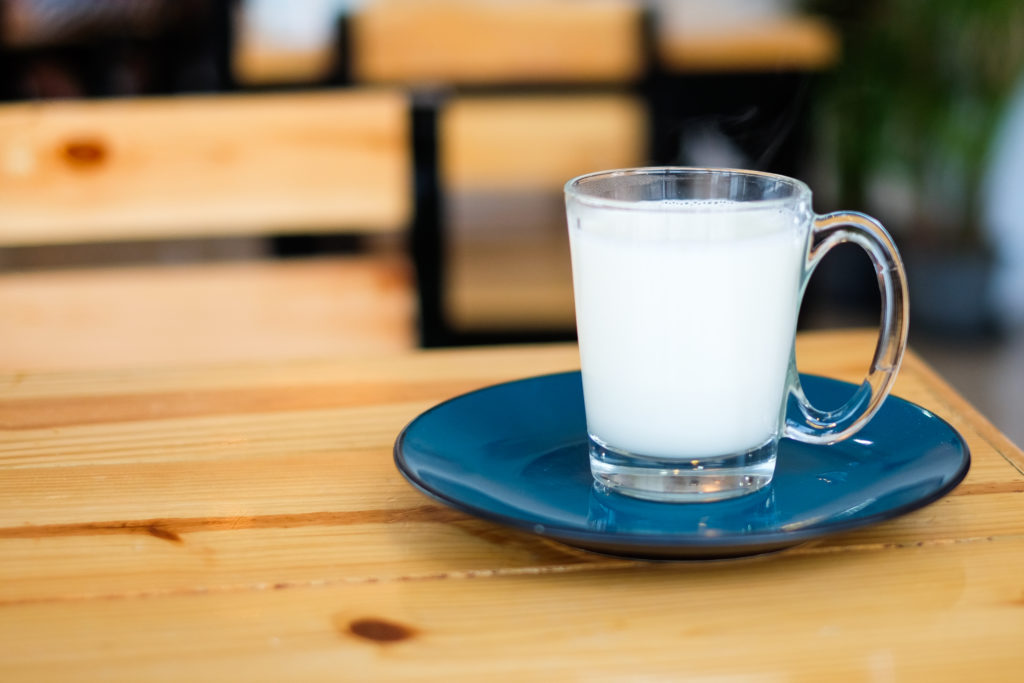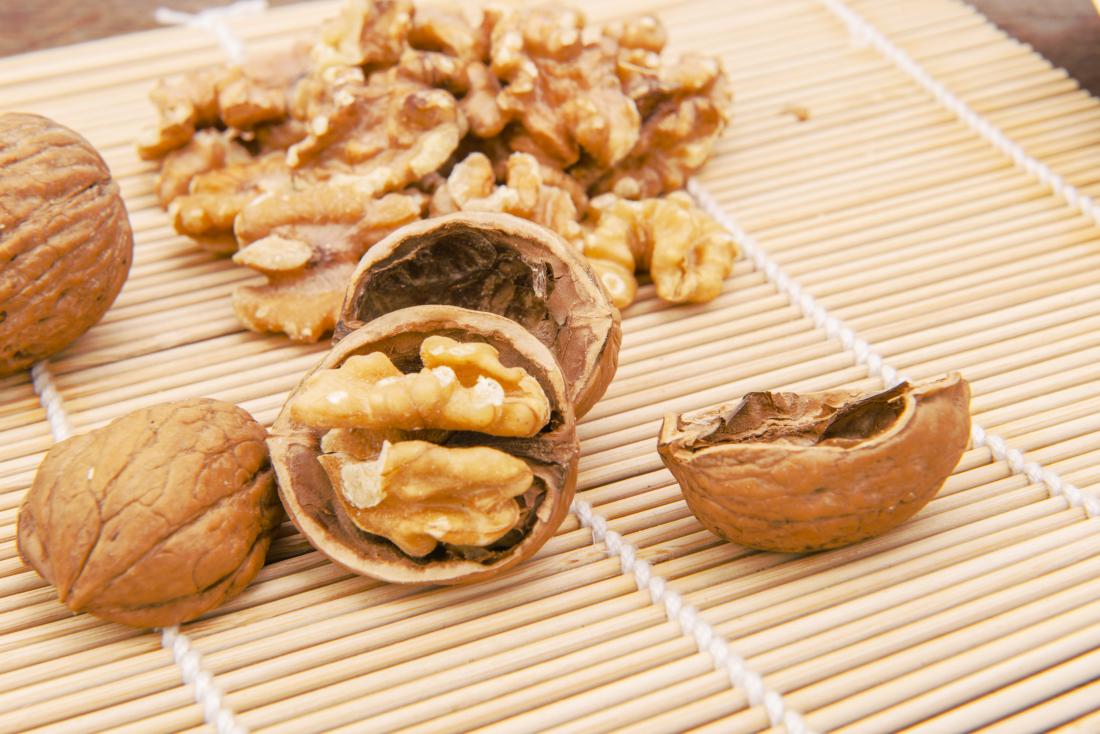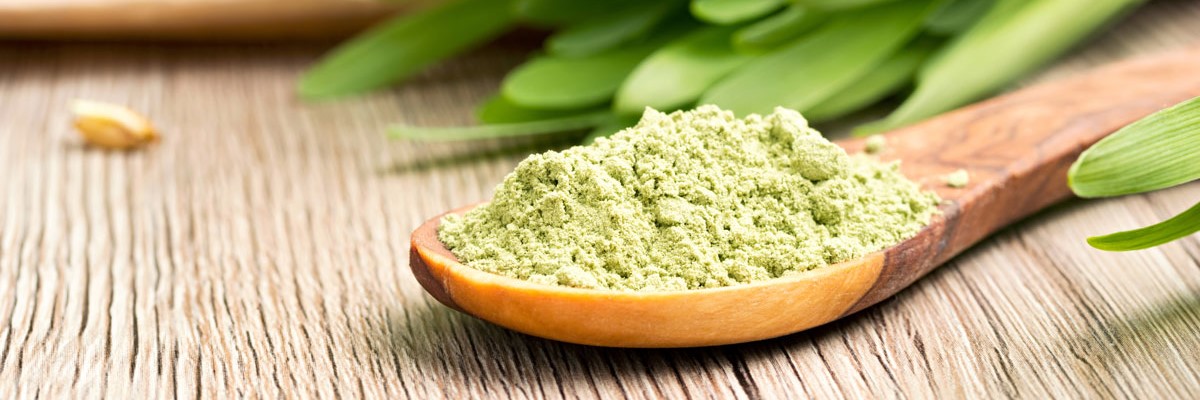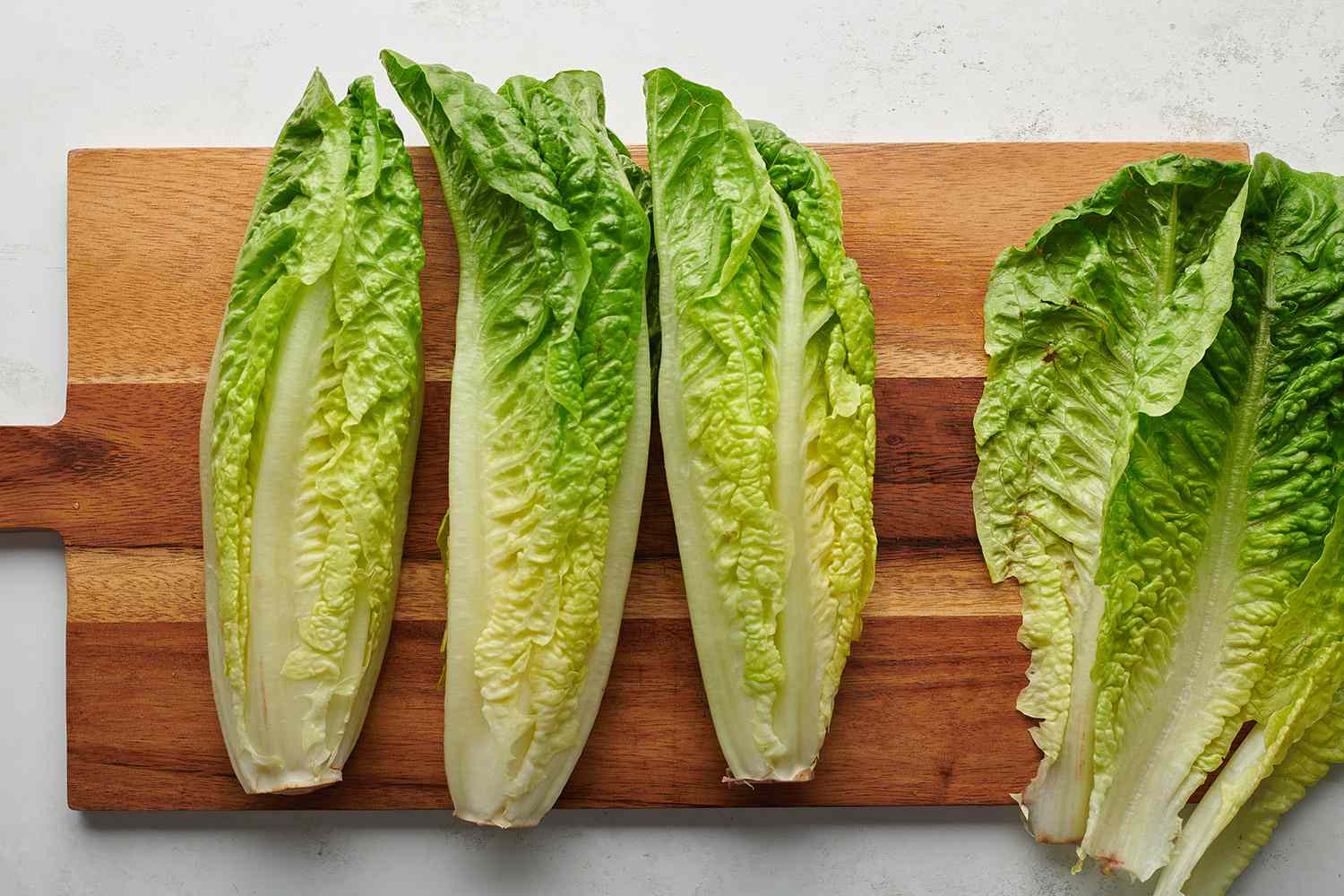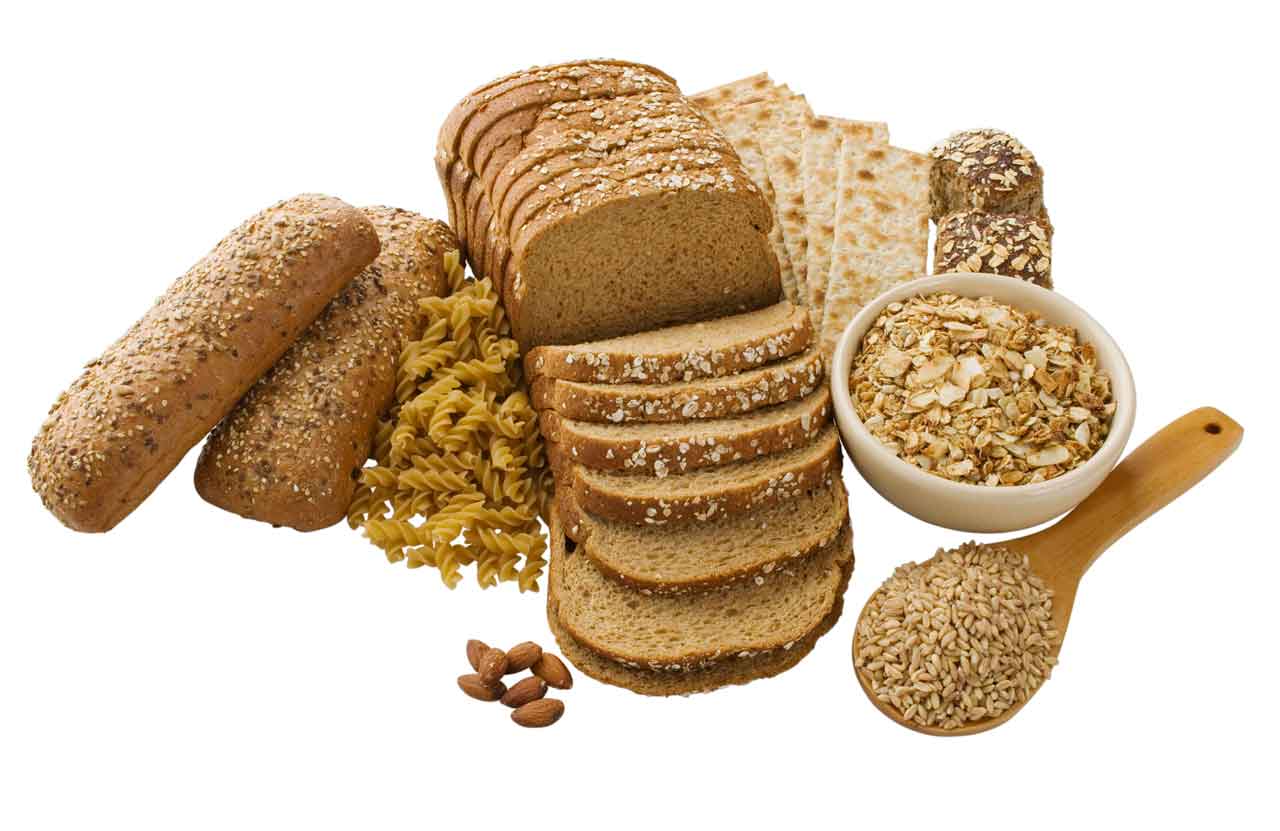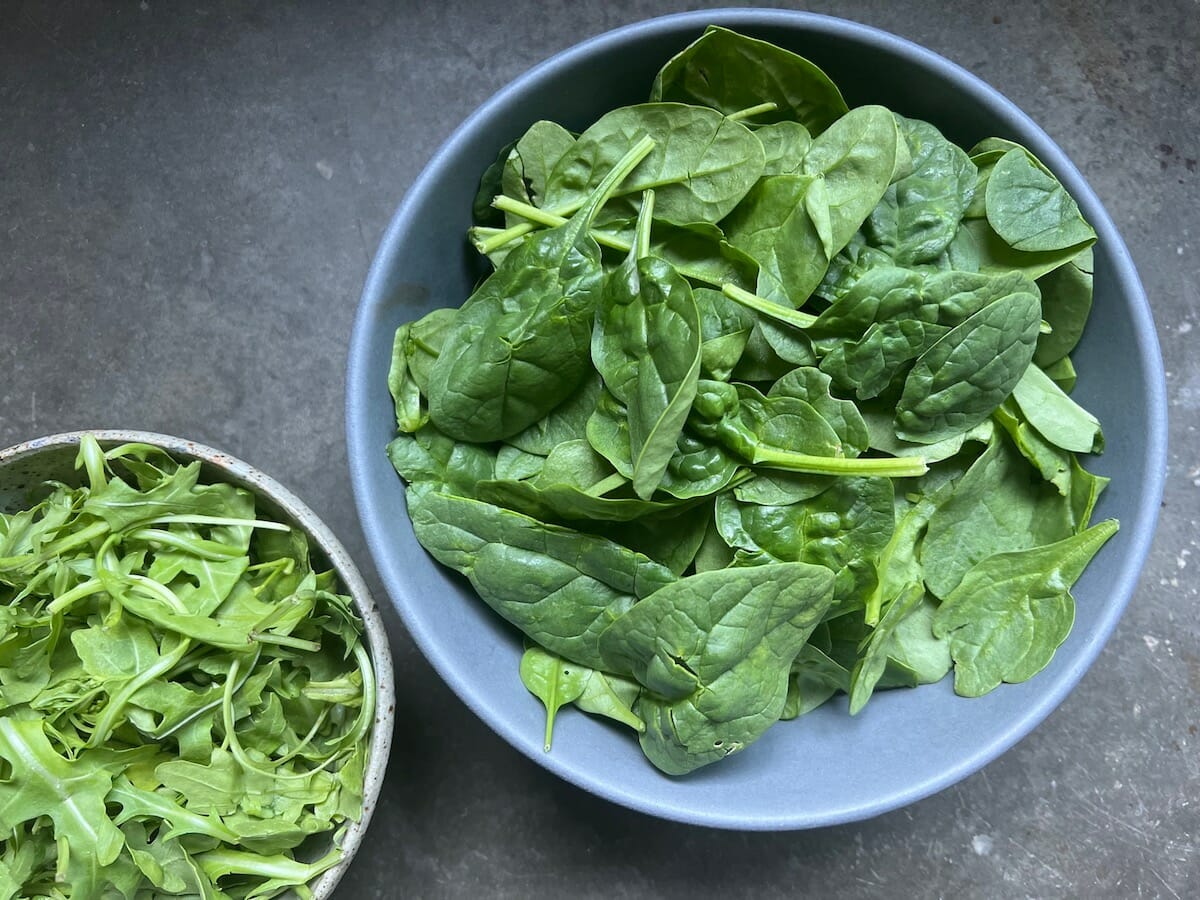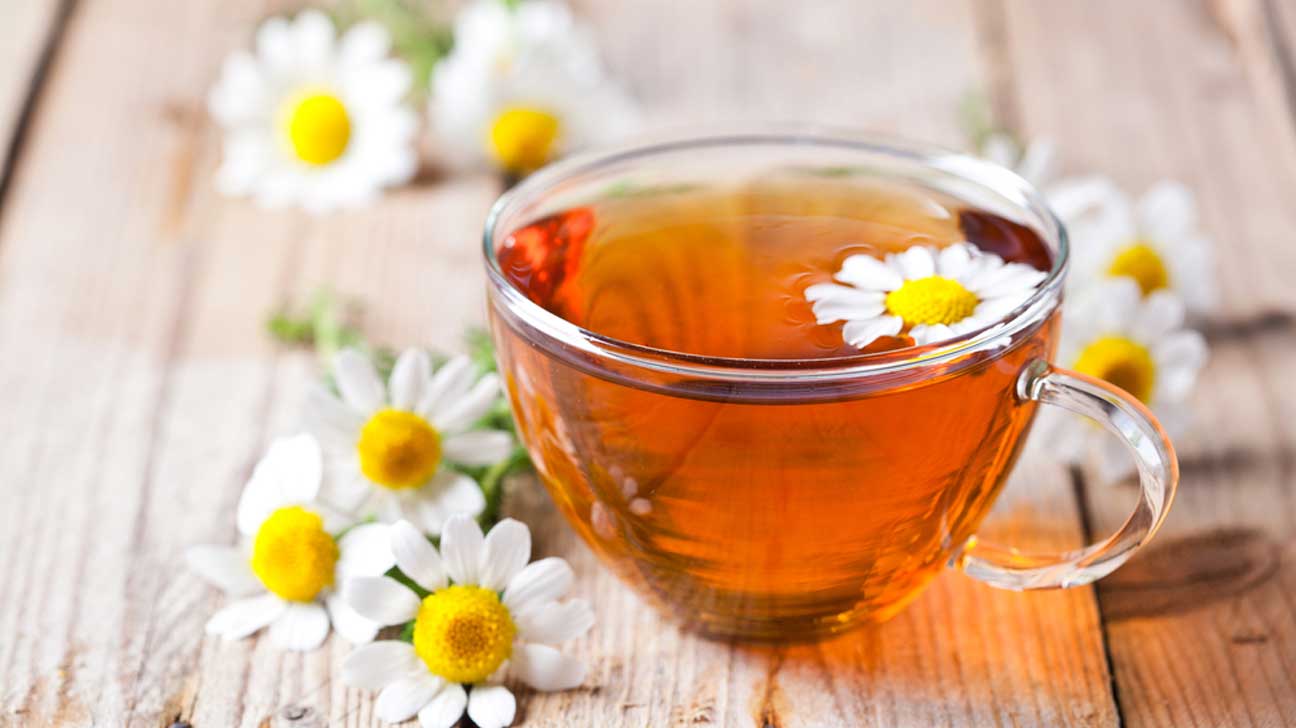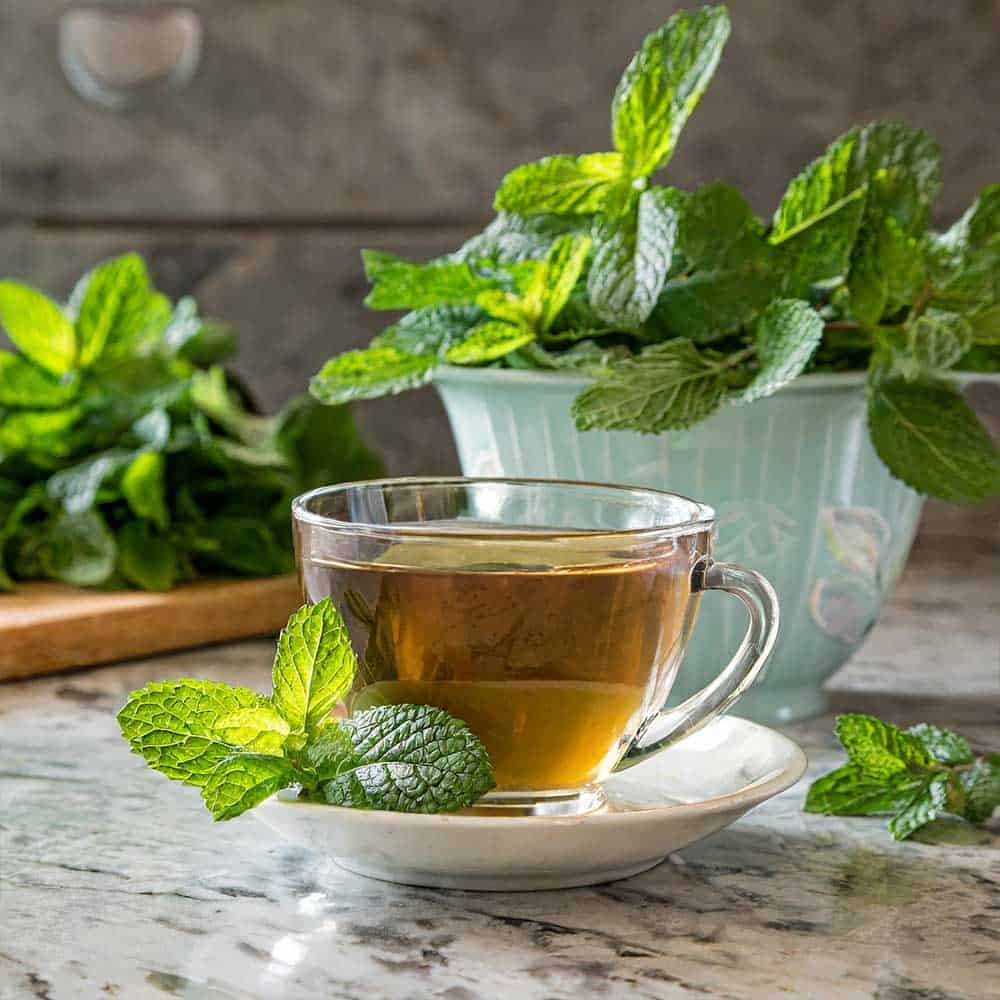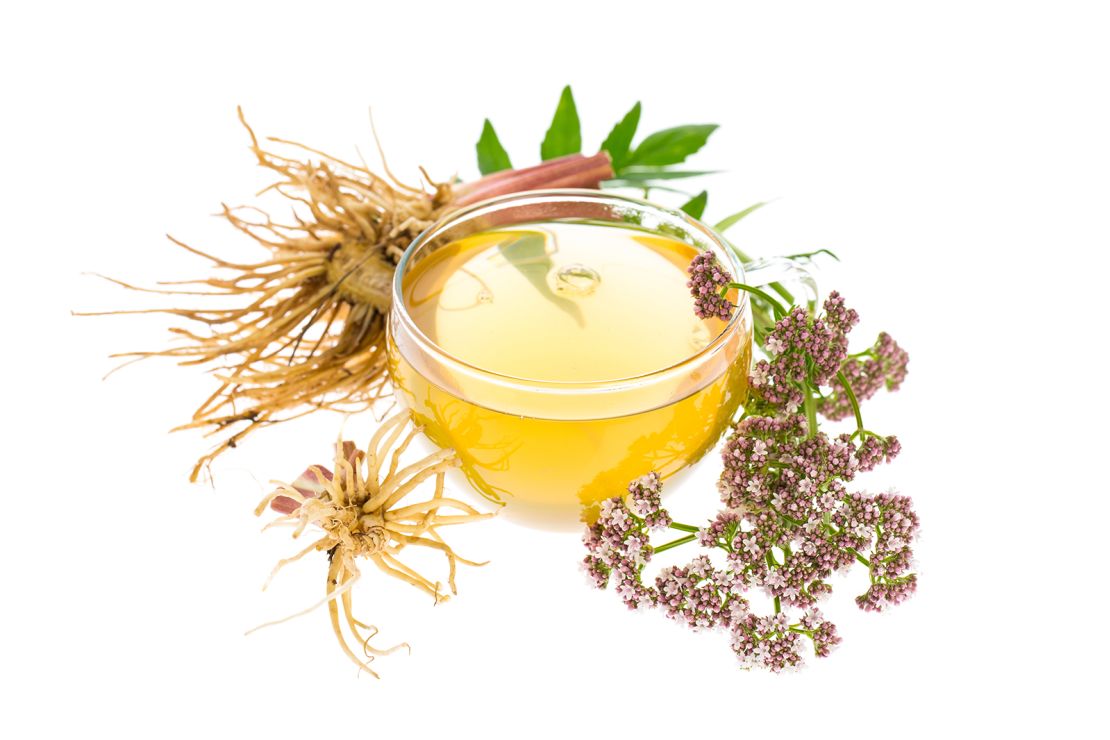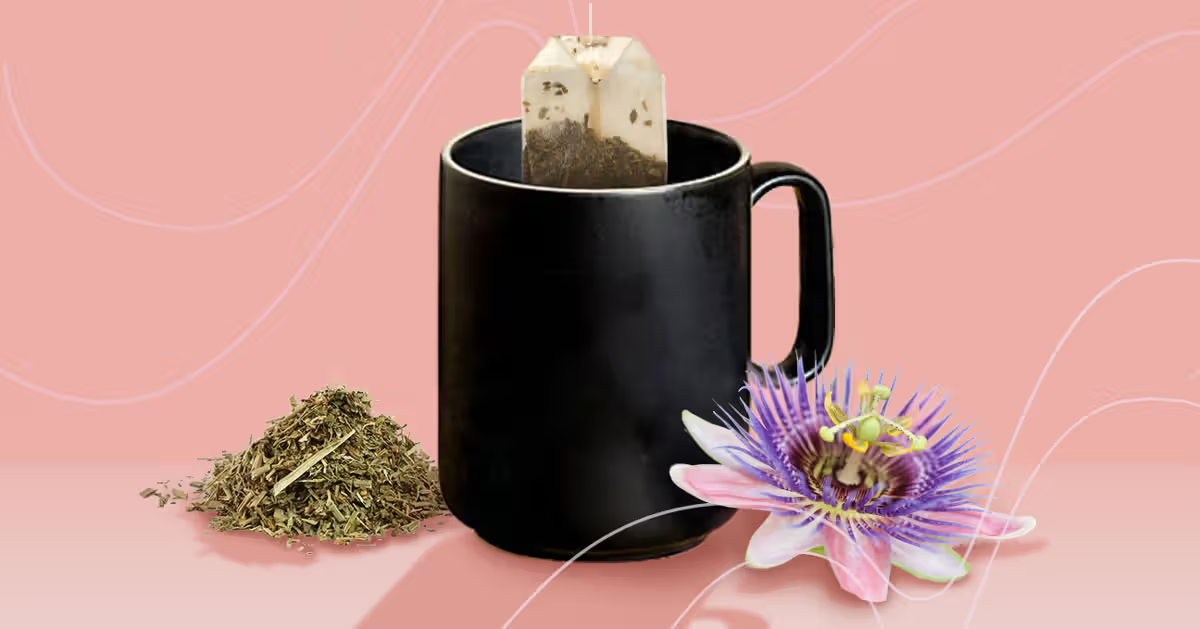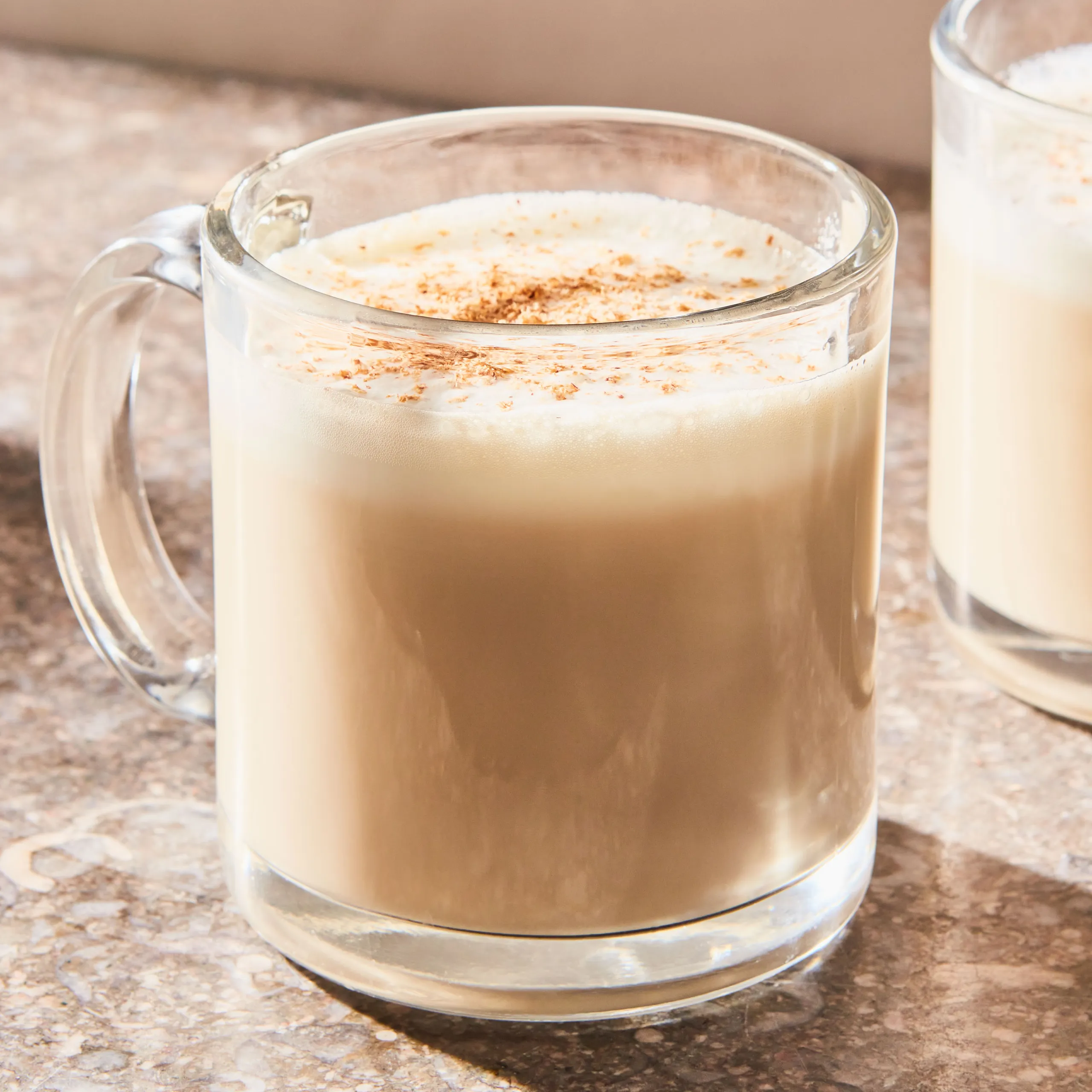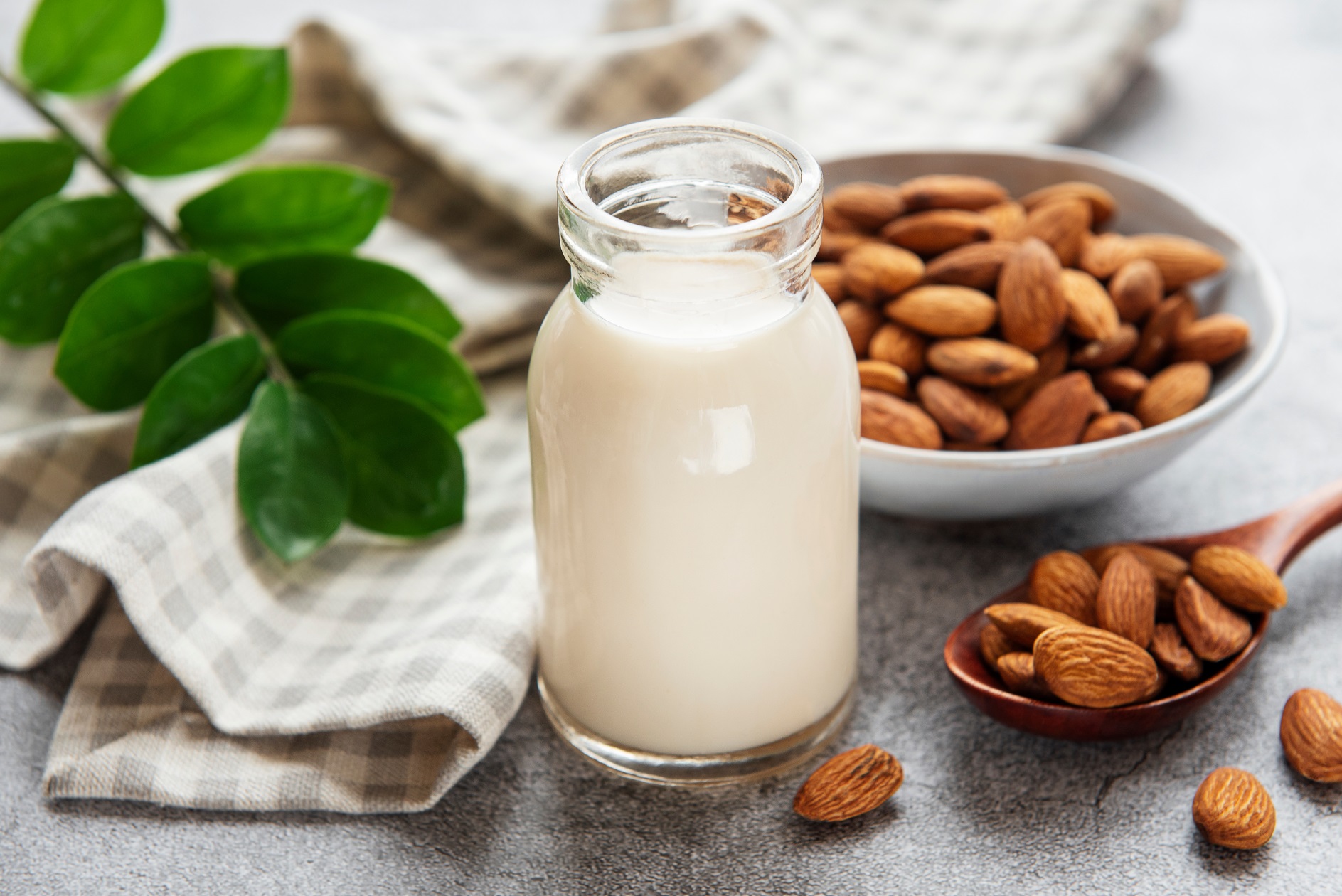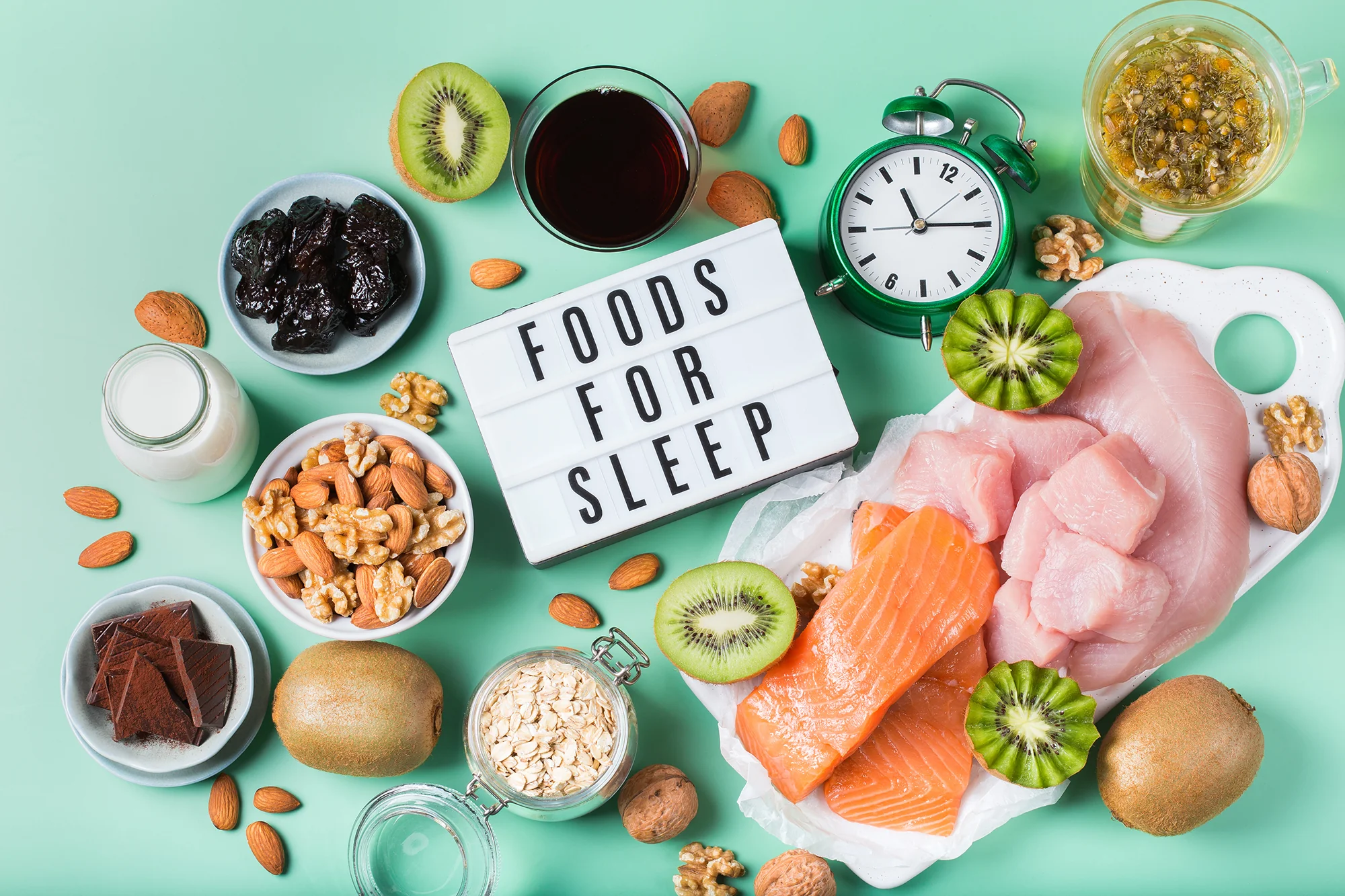
Sleep is fundamental to health, affecting mood, energy levels, immunity, and cognitive function. Yet many people struggle with getting quality rest, often due to factors like stress and diet.
Research shows that specific nutrients in foods can promote relaxation, regulate sleep cycles, and enhance sleep quality, making diet a powerful tool for better sleep.
Incorporating sleep-promoting foods and avoiding those that disrupt rest can help you achieve more restorative nights. In this guide, we’ll learn the science behind these foods, the best options to include in your diet, and practical bedtime routines to support a healthy sleep cycle.
Why Diet Affects Sleep Quality
Your diet impacts sleep through essential hormones and neurotransmitters that regulate the body’s sleep-wake cycle. Nutrients such as melatonin, serotonin, and magnesium are critical to relaxation and stress reduction, while certain foods—like those high in caffeine or sugar—can disrupt these processes, making restful sleep harder to achieve.
Key Nutrients For Sleep
- Melatonin: Known as the “sleep hormone,” melatonin signals your body to prepare for sleep. Foods rich in melatonin, such as tart cherries and almonds, help synchronize your body’s internal clock.
- Magnesium: Often called the “relaxation mineral,” magnesium calms the nervous system, reduces stress, and promotes muscle relaxation.
- Serotonin: This neurotransmitter regulates mood and sleep; it also converts to melatonin to aid in sleep regulation. Foods like kiwi and complex carbs boost serotonin levels.
- Tryptophan: An amino acid found in proteins, tryptophan supports relaxation by converting to serotonin and melatonin.
- Calcium: Essential for converting tryptophan to melatonin, calcium is found in foods like dairy and leafy greens.
- Vitamin D: Linked to sleep quality, vitamin D aids serotonin production, supporting a healthy sleep-wake cycle.
Consuming foods rich in these nutrients can promote healthier sleep patterns and help you fall asleep faster, stay asleep longer, and wake up feeling refreshed.
Top Foods For Better Sleep
Here are some of the best foods for sleep, each offering unique nutrients and compounds to support relaxation and improve sleep quality.
1. Almonds
Almonds are a great evening snack thanks to their high melatonin levels, which help regulate sleep cycles. They’re also packed with magnesium, with one ounce providing around 77 milligrams-about 20% of the recommended daily intake.
Magnesium relaxes muscles and can improve sleep quality, especially for those with insomnia. Additionally, almonds are low in sugar and high in healthy fats, making them a satisfying snack that won’t cause blood sugar spikes.
Did you know?Almonds also support heart health, so they’re beneficial beyond just sleep!
2. Kiwi
Research shows that kiwis may help improve sleep onset and duration. In a study, people who ate two kiwis an hour before bed for four weeks reported faster sleep onset and better sleep quality.
Kiwis contain serotonin and antioxidants like vitamins C and E, which reduce oxidative stress and aid relaxation. Their high potassium and folate levels further contribute to muscle relaxation and nerve function.
Related: Is Kiwi A Hybrid Fruit? Let's Uncover The Enigma
3. Tart Cherries
Tart cherries are rich in melatonin and are known to enhance sleep duration and quality, particularly when consumed as juice. Studies show that tart cherry juice can increase sleep time and improve sleep efficiency in people with insomnia.
These cherries also contain tryptophan and anti-inflammatory polyphenols, which may aid in reducing pain and supporting restful sleep.
4. Fatty Fish (Salmon, Tuna)
Fatty fish like salmon and tuna are loaded with vitamin D and omega-3 fatty acids, both of which regulate serotonin production. Research indicates that eating fatty fish three times a week can improve sleep quality and reduce the time it takes to fall asleep, especially in winter months when vitamin D levels are lower.
5. Warm Milk
Warm milk has been used as a sleep remedy for centuries, supported by its tryptophan, calcium, and melatonin content. The ritual of drinking a warm beverage before bed may also be psychologically comforting, preparing the body for rest. Low-fat or melatonin-enriched milk options provide added benefits for those seeking improved sleep.
6. Walnuts
Walnuts contain melatonin, serotonin, and magnesium, making them a powerhouse for supporting sleep. In addition to promoting relaxation, walnuts provide healthy fats that support brain health. A 100-gram serving of walnuts contains approximately 158 mg of magnesium, which aids in reducing stress and supporting muscle relaxation.
7. Barley Grass Powder
Barley grass powder is a lesser-known sleep aid, but it’s rich in GABA, calcium, and tryptophan, all of which promote relaxation. This powder can be easily added to smoothies, soups, or teas for a gentle sleep boost.
8. Lettuce
Although it’s often overlooked, lettuce contains lactucin, a compound with mild sedative-hypnotic effects. Studies on animals suggest that lactucin may increase sleep duration and decrease the time it takes to fall asleep. Consuming lettuce, or lettuce seed oil, in the evening may provide subtle support for sleep.
9. Complex Carbohydrates (Whole Grains)
High-fiber carbs like whole grains stabilize blood sugar and support serotonin production, which is vital for sleep. Foods like oatmeal, brown rice, and whole-grain bread release energy slowly, preventing nighttime blood sugar spikes that can disrupt sleep. Studies indicate that whole grains may promote deeper, more restorative sleep when consumed in moderation.
10. Leafy Greens (e.g., Spinach)
Leafy greens such as spinach are high in magnesium, potassium, and calcium, all of which contribute to muscle relaxation and stress reduction.
Spinach is particularly rich in magnesium, which aids in calming the nervous system and supporting healthy sleep patterns. Incorporating leafy greens into your dinner or evening smoothie can help prepare your body for a restful night.
Beverages And Herbs For Better Sleep
Certain beverages can aid relaxation and help you unwind before bed. Here are a few drinks known for their calming effects.
11. Chamomile Tea
Chamomile tea is popular for its calming properties, thanks to apigenin, a flavonoid that binds to GABA receptors in the brain, promoting relaxation. Drinking chamomile tea before bed can signal to your body that it’s time to wind down, making it a great addition to any bedtime routine.
12. Peppermint Tea
While peppermint tea doesn’t contain specific sleep-inducing compounds, it’s caffeine-free and has muscle-relaxing properties, making it a gentle choice before bed. Peppermint is also known to soothe digestion, which can help reduce nighttime discomfort.
13. Valerian Root Tea
Valerian root tea is a traditional herbal remedy known for its calming effects, often used to reduce anxiety and promote restful sleep. Valerian root increases levels of gamma-aminobutyric acid (GABA) in the brain, which helps to calm the nervous system.
Studies have shown that valerian root can reduce the time it takes to fall asleep and improve sleep quality. This tea is widely available and is best enjoyed about an hour before bedtime to help ease into a relaxed state.
14. Passionflower Tea
Passionflower tea is another herbal tea valued for its ability to reduce anxiety and support sleep. Like valerian root, passionflower increases GABA levels in the brain, promoting relaxation and making it easier to fall and stay asleep. Research indicates that passionflower can improve sleep quality and may help reduce mild sleep disturbances.
15. Malted Milk (a Variation Of Warm Milk)
Malted milk, often recognized by its brand name "Horlicks," is made from milk combined with a specially formulated malt powder. This powder typically includes malted wheat and barley, along with added vitamins like B vitamins, magnesium, phosphorus, and zinc.
These nutrients support relaxation, making malted milk a comforting drink to help you wind down before bed.
16. Warm Milk Variations (e.g., Almond Milk)
Warm milk has long been considered a sleep aid due to its tryptophan, calcium, and melatonin content. For those who prefer a dairy-free option, almond milk is a great alternative, as it also contains magnesium and calcium, both of which are essential for relaxation and sleep.
Also Read: How To Make Homemade Almond Milk In 5 Easy Steps
Foods To Avoid For Better Sleep
Certain foods and drinks can interfere with sleep quality. Knowing which to avoid, especially before bed, can make a big difference.
1. Caffeine
Caffeine is a stimulant that blocks adenosine, a neurotransmitter that promotes sleepiness. Found in coffee, tea, chocolate, and certain sodas, caffeine can stay in the bloodstream for up to six hours or more.
To prevent caffeine from disrupting your sleep, avoid it in the late afternoon and evening. Even decaffeinated coffee and certain teas can contain trace amounts of caffeine, so if you’re sensitive to stimulants, it’s best to stick to herbal teas or water in the evening.
2. Sugary Foods And Simple Carbohydrates
High-sugar snacks can cause rapid blood sugar spikes, followed by drops that disrupt sleep. Instead, choose complex carbohydrates that provide sustained energy and support serotonin.
3. Alcohol
Though it might make you feel sleepy, alcohol disrupts REM sleep, leading to fragmented rest. It’s best to avoid alcohol within four hours of bedtime.
4. Heavy Or Spicy Foods
Heavy or spicy meals can lead to indigestion and disrupt sleep. Spicy foods, in particular, may raise body temperature, interfering with the cooling process that signals it’s time to rest.
Try This Instead: Substitute sugary snacks or heavy meals with a light snack like yogurt and banana, which won’t disrupt sleep.
See Also: How To Make Sugar-Free Jams - 3 Easy Methods For Beginners
Sleep-Supportive Snacks And Meal Suggestions
Light snacks close to bedtime can prevent hunger from interrupting sleep while supplying nutrients that aid relaxation.
Bedtime Snack Ideas
- Banana with Low-Fat Yogurt: Rich in potassium and calcium for muscle relaxation and melatonin support.
- Whole-Grain Crackers with Peanut Butter: Contains complex carbs and tryptophan, supporting serotonin production.
- Tart Cherry Juice with Oatmeal: Combines melatonin-rich tart cherries and complex carbs to stabilize blood sugar.
Dinner Ideas For Better Sleep
- Grilled Salmon with Spinach and Brown Rice: Provides vitamin D, omega-3s, and magnesium to support sleep.
- Turkey and Vegetable Stir-Fry with Quinoa: Turkey’s tryptophan and quinoa’s protein make this a balanced dinner.
- Mixed Greens Salad with Walnuts and Chickpeas: A magnesium-rich option that’s light and nutritious.
Lifestyle And Dietary Habits For Better Sleep
Diet is only one part of the puzzle; lifestyle habits also play a critical role in sleep quality.
Timing Your Meals
Eating a large meal right before bed can lead to discomfort and indigestion, both of which disrupt sleep.
Aim to finish dinner at least 2-3 hours before bedtime, giving your body enough time to digest food. If you find yourself hungry close to bedtime, opt for a light snack rather than a full meal.
Consistent Diet For Better Sleep
A balanced, nutrient-rich diet supports overall health and sleep quality. The Mediterranean diet, for example, emphasizes fruits, vegetables, whole grains, and lean proteins, which provide a steady supply of essential vitamins and minerals.
Studies have associated this type of diet with not only improved cardiovascular health but also better sleep quality. Adopting a balanced diet helps regulate energy levels and reduces the likelihood of blood sugar fluctuations that might disturb sleep.
Sleep Hygiene Tips
Good sleep hygiene is crucial for restful sleep and includes practices that help your body and mind relax before bed. Create a calming sleep environment by keeping your bedroom cool, quiet, and dark.
Avoid electronics for at least an hour before bed, as blue light from screens can interfere with melatonin production. Instead, engage in relaxing activities like reading, light stretching, or meditative breathing exercises.
Bedtime Rituals For Better Sleep
A consistent bedtime ritual can signal your body that it’s time for sleep:
- Snack and Drink: A light snack or chamomile tea.
- Relaxing Activity: Journaling, deep breathing, or gentle stretching.
- Set a Regular Bedtime: Going to bed at the same time each night helps regulate your circadian rhythm.
Quick Reference Table: Foods To Eat And Avoid
| Foods to Eat | Foods to Avoid |
| Almonds | Caffeinated drinks |
| Kiwi | Sugary snacks |
| Tart Cherries | Alcohol |
| Fatty Fish | Spicy Foods |
| Warm Milk | Heavy meals |
| Walnuts | |
| Barley Grass Powder | |
| Lettuce | |
| Complex Carbohydrates | |
| Leafy Greens |
FAQs About Foods For Better Sleep
What Is The Best Time To Eat Sleep-supporting Foods?
1-2 hours before bed allows the nutrients to take effect without causing digestive issues.
Are There Foods That Work Like Natural Sleep Aids?
Yes, melatonin-rich foods like kiwi and tart cherries are excellent natural alternatives to sleep aids.
Why Is Warm Milk Recommended Before Bed?
Warm milk contains tryptophan and calcium, both of which aid melatonin production, and the ritual can help you relax.
Can Supplements Replace Food For Better Sleep?
Food is a safer option, but supplements may work for some. Consult a healthcare provider before adding them.
Can Sleep-promoting Foods Alone Improve Sleep Quality?
While diet plays a significant role, sleep quality is also affected by lifestyle factors, including stress management, physical activity, and sleep hygiene. A combination of diet and good sleep habits is the most effective approach.
Does Eating High-fiber Carbs Help With Sleep?
Yes, complex carbohydrates like oats, whole-grain bread, and brown rice can improve sleep by stabilizing blood sugar and promoting serotonin production. Including high-fiber carbs in your diet can support sleep quality and overall relaxation.
Conclusion
With simple adjustments to your diet and routine, you can naturally improve sleep. By embracing sleep-supportive foods and avoiding those that disrupt rest, you may find yourself enjoying more restful nights. Start small by trying a bedtime snack or warm tea, and let consistency guide your journey toward better sleep.
